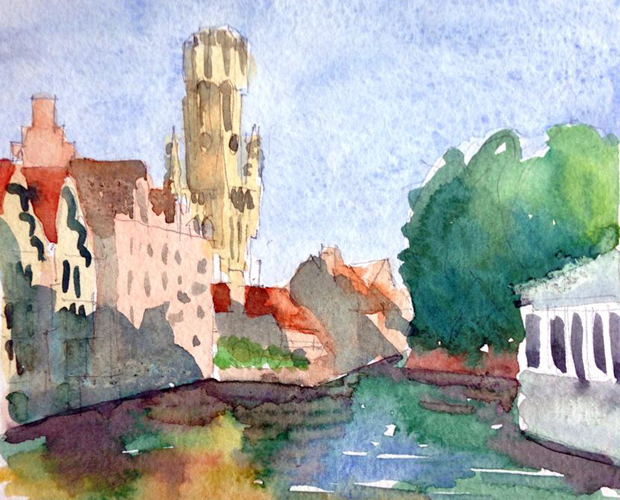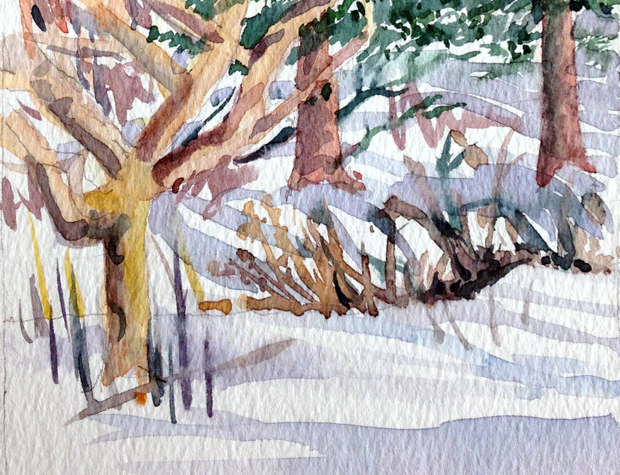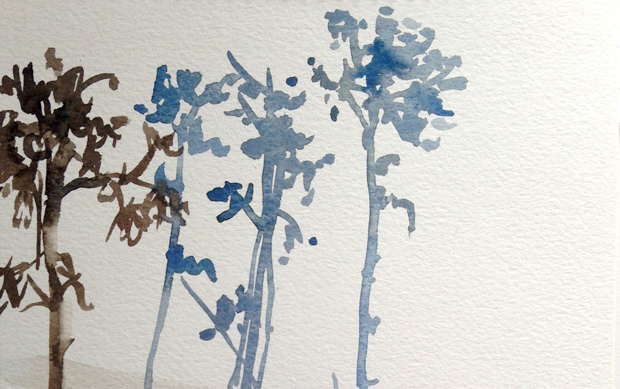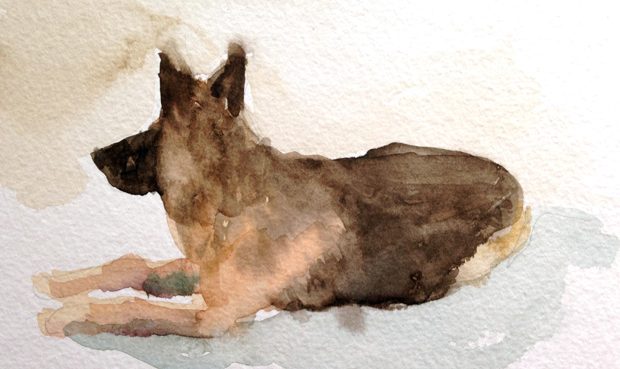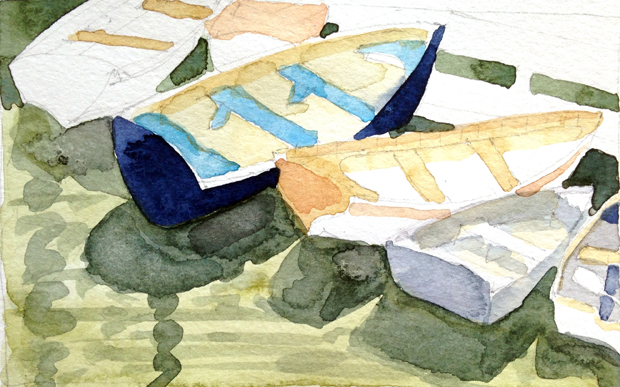All I want is to sing to you
The song that no one has heard
~ Krishna Das, from Heart as Wide as the World
We seem to be fond of comparing ourselves to animals, or, as native people tend to call them, the four-leggeds. Our post-Enlightenment minds play this game by finding ourselves to be superior to those “Others.” One story we like is that we are the only conscious beings on the planet, which is rapidly being debunked even by modern science. I did recently think of this difference, though: we make plans. We take on long-term projects that last beyond seasons, that may take five or ten years to complete. And sometimes our projects fail.
Plants and animals are seasonal, and their physical aims much simpler: survival and reproduction. They don’t seem to have the ambition to change their surroundings or invent things or look at distant galaxies, let alone travel to them. They don’t make musical instruments or write symphonies or Shakespearean plays. And yet they are part of a vast dance, a swirling ongoing Creation that is impossible to comprehend in its entirety. While we make plans, the Earth makes us. Continue reading



